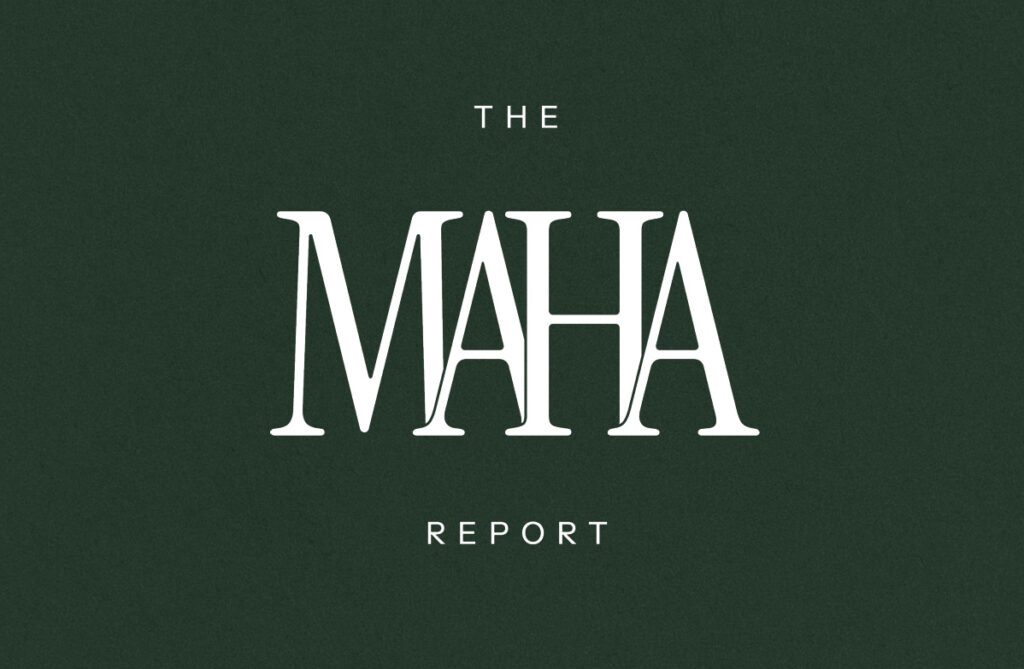Health and Human Services (HHS) Secretary Robert F. Kennedy Jr.’s “MAHA Report: Make Our Children Healthy Again,” released May 22, identifies the Trump administration’s priorities to address “the childhood chronic disease crisis,” including a call for more government-funded research.
The report purports to “study the scope of the childhood chronic disease crisis and any potential contributing causes, including the American diet, absorption of toxic material, medical treatments, lifestyle, environmental factors, Government policies, food production techniques, electromagnetic radiation, and corporate influence or cronyism.”
It is the first step in the commission’s mission to set executive policy, followed by the submission of the “Make Our Children Healthy Again Assessment” in 100 days, and the submission of the “Make Our Children Healthy Again Strategy” in 180 days.
Industry-funded research
The report identifies typical major drivers behind the rise in childhood chronic illness: poor diet, environmental chemicals, chronic stress and lack of physical activity. It also blames “overmedicalization of our kids,” a claim that draws criticism from health experts.
The report says most nutrition research is funded by industry, which has its own interests in mind. It calls for counterbalancing private research with more government research.
“The food industry funds the bulk of research in the field. A BMJ analysis found that industry spent over $60 billion on drug, biotechnology, and device research in nutrition science; by comparison, the government spends an estimated $1.5 billion on nutrition research,” the report says. “Government funding for nutrition research through the NIH (National Institutes of Health) is only 4-5% of its total budget and in some cases is subject to influence by food industry-aligned researchers. Moreover, one analysis reported that 95% of the 2020 Dietary Guidelines Advisory Committee members had financial ties to food and pharmaceutical companies.”
The report does not provide an analysis of the disparity of results in industry versus government-funded research, nor how industry-government collaboration on research differs from exclusively government-funded, or government-university collaboration, research.
It also does not say how the research should be funded. The Trump administration has terminated $1.81 billion in NIH grants since the beginning of his term—including $544 million in as-yet-unspent funds. Additionally, 2,500 grants have been denied by the NIH this year under the Trump administration—almost double that of previous years.
Proposed next steps
The report proposes a number of next steps to “close critical research gaps and guide efforts to better combat childhood chronic disease in America.”
This includes the reform of the “Generally Recognized As Safe” (GRAS) distinction by the Food and Drug Administration. GRAS refers to “any substance that is intentionally added to food is a food additive, that is subject to premarket review and approval by FDA.”
The MAHA report states its intent to: “Fund independent studies evaluating the health impact of self-affirmed GRAS food ingredients, prioritizing risks to children and informing transparent FDA rulemaking.” The report does not make a statement on how these studies might be resourced.
This reform speaks, in part, to HHS Secretary Kenedy’s goal of requiring companies to notify the FDA and provide safety data before they are permitted to introduce a new food ingredient into the food supply.
The biotech industry, both healthcare and agriculturally-oriented, are continuing to watch developments associated with this report, which will likely continue to take shape throughout the summer.




